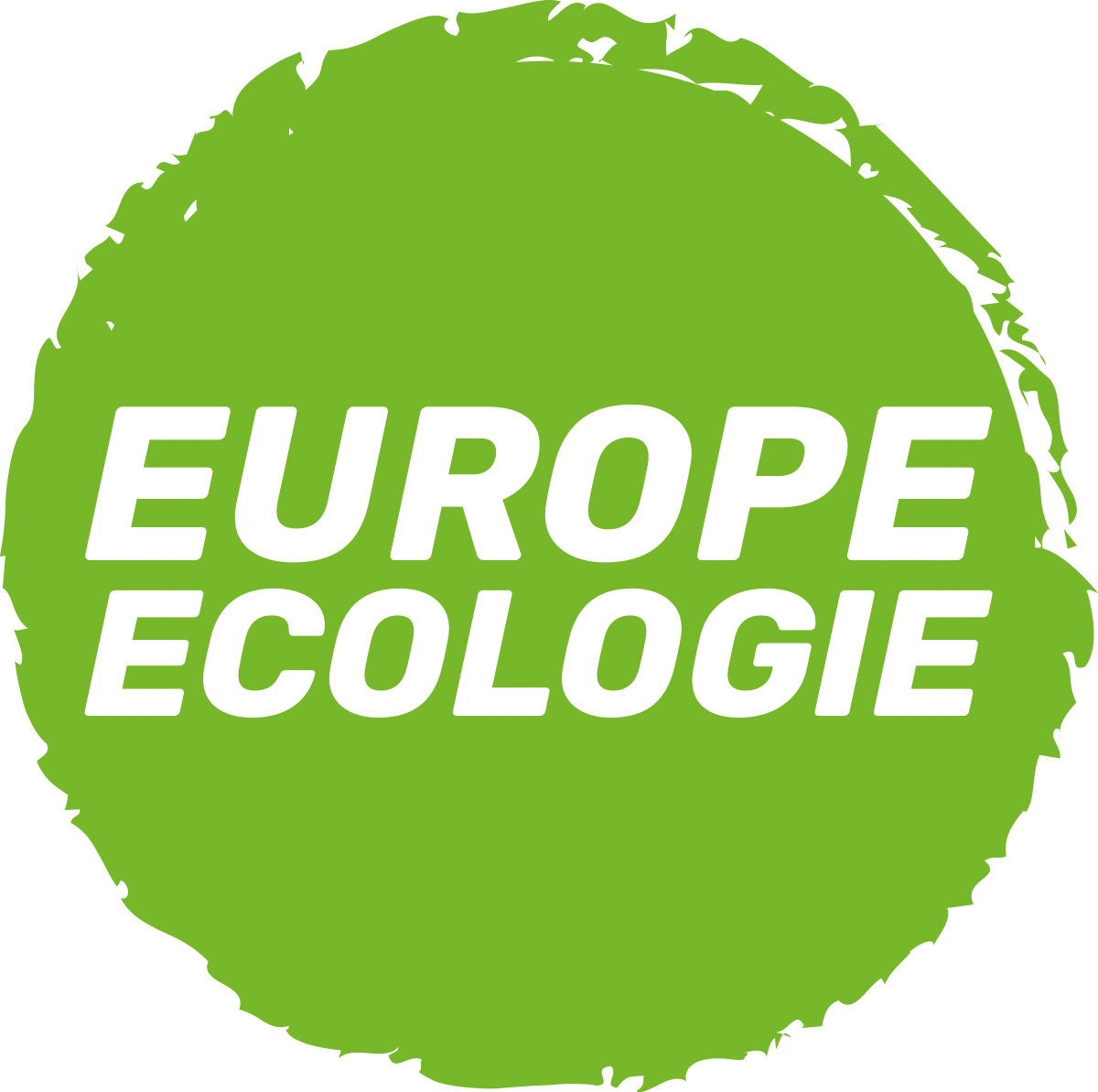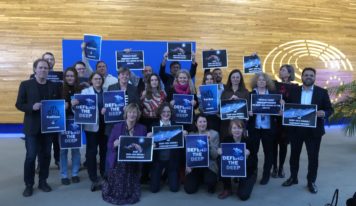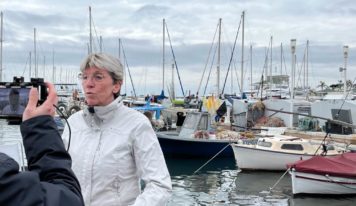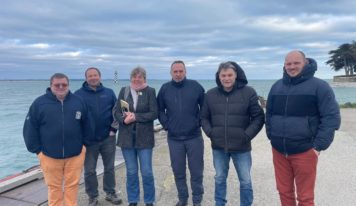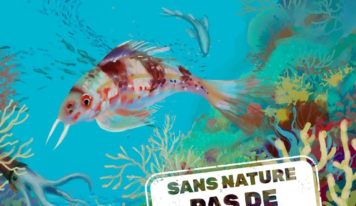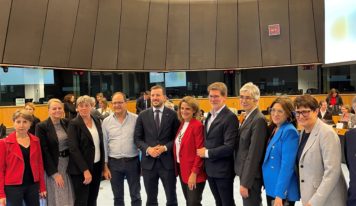On Monday March 6 2023, together with my fellow MEP Marie Toussaint, I organized a conference with the support of the SEArica Parliamentary Intergroup, the NGO Seas at Risk and the Deep Sea Conservation Coalition.
On the same day, I also took part in the demonstration organized by the Lookdown Movement in front of the European Parliament.
The deep sea is still very little known, less so than the surface of the moon. However, we know that the deep sea-bed is full of critical raw materials, metals and rare ores.
In the name of short-term economic interests, some States and large mining companies are ready to exploit these fragile zones that are essential for the proper functioning of the oceans and the climate.
Scientists warn us that mining could lead to a loss of biodiversity and irreversible damage to the functioning of ecosystems, disrupt carbon sequestation, and affect economic activities that are important for food security and coastal communities.
To this day, 13 states have taken a position against deep-sea mining or in favour of a moratorium: Fiji, Palau, Samoa, Chile, Costa Rica, Ecuador, Micronesia, Spain, New Zealand, Germany, Panama, and more recently France and Canada.
A large number of actors around the world have also taken a stand: 251 parliamentarians from 51 states, 704 scientists from 44 countries, major companies, banks, NGOs, celebrities, fishing industry actors, and even the IUCN which is calling for a moratorium.
We don’t need these new raw materials
The demand for minerals and rare earth ores is set to increase with the ecological transition, particularly for the production of batteries.
However, the ecological transition cannot come at the cost of destroying life and accelerating climate change. Alternative solutions to mining these metals already exist.
We must create the conditions for a true circular economy model, socially just and respectful of life.
Urgent need for a global moratorium on deep sea mining
We only have a few months left to act: if a moratorium is not adopted within the International Seabed Authority (ISA) in the next few months, ISA could issue the first deep-sea mining licenses as early as July!
The International Seabed Authority (ISA) is an autonomous intergovernmental organization that governs activities related to seabed mineral resources in international waters.
In June 2021, small island State Nauru notified the ISA of its intention to mine deep-sea minerals in the Clarion-Clipperton Zone (Pacific Ocean). This triggered the 2-year rule, meaning that from July 2023 onwards mining permits can be issued. Therefore the ISA must adopt a mining code before this deadline, in order to regulate these future activities.
Deep-sea mining exploration has already begun for many companies, including from Europe the Belgian company GSR.
The Metals Company has obtained an exploration permit allowing them to examine the extraction of 36,000 tons of metals in the Pacific. A leaked video of one of the company’s latest tests shows the release of heavy metal waste directly into the Pacific Ocean.
Footage obtained from deep sea mining testing by The Metals Company shows wastewater containing rock debris and sediment directly discharged at the ocean surface. This is just testing. #DeepSeaMining must not be allowed to develop into a fully commercial scale operation pic.twitter.com/DHPZX7cCjb
— Sebastian Losada (@slosada) January 10, 2023
The fight continues
We must encourage all States to support a moratorium on deep-sea mining.
Our conference in the European Parliament was a success. We had the pleasure to receive Olivier Poivre d’Arvor, French ambassador for the poles and maritime issues, Hugo Morán, Spanish Secretary of State for the Environment, Franziska Brantner, Parliamentary Secretary of State to the German Federal Ministry of Economy, Kestutis Sadauskas, Deputy Director-General of the Directorate General for Maritime Affairs and Fisheries of the European Commission (DG Mare), Patricia Esquete, a doctor in marine biology, and Dr. Monica Verbeek, director of the NGO Seas at Risk, which co-organized the event.
All of them took a stand against the mining of the deep seabed.
Olivier Poivre d’Arvor, French ambassador for the poles and maritime stated: « How could we justify to our generation and to the rest of the world, to our children, that on the one hand in Montreal during the COP15 we, the international community, made very important commitments for biodiversity […], how could we at the same time, we, the international community […] make a decision soon, in July in Kingston, to go and look for resources at the bottom of the ocean without any knowledge. It would be incomprehensible, unreadable« .
Patricia Esquete, doctor in marine biology, said : “Here is the problem: we don’t know that much. In a recent study carried out by a group of scientists together with policy makers and lawyers show that only 1% of the scientific topics asset across regions and resources covered by mineral exploitation contracts had sufficient information to enable evidence based management on deep seabed mining. So 1% is not that much”
The civil society mobilization that took place in front of the European Parliament ahead of the conference was also a success. Adélaïde Charlier (Belgian coordinator of Youth for Climate and Look Down), Anne Sophie Roux (Sustainable Ocean Alliance), Lucas Bravo (actor) and Camille Etienne (Graine de possible) were present.
Yesterday with the @GreensEFA and together with activists from all over Europe we said #NoDeepSeaMining !
💚💙🌊#LookDown #DefendTheDeep https://t.co/UThNSVLjkQ— Caroline Roose 🌍 🐟 🌻 (@CarolineRooseEU) March 7, 2023
We are not going to stop the fight here. The ISA is meeting from 16 to 31 March in Kingston, Jamaica. We must keep up the pressure on ISA member States. The European Union and EU governments must take this opportunity to speak out against deep sea mining and stop it before it is too late!










